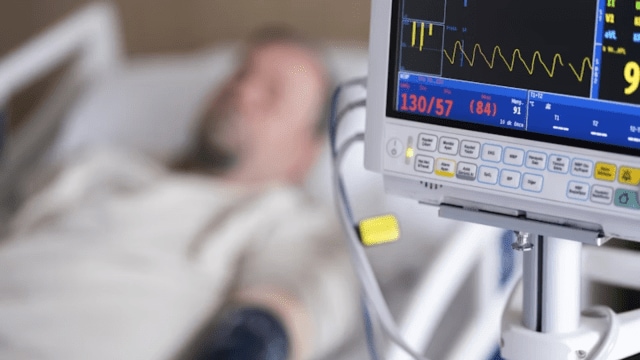📣 For more lifestyle news, click here to join our WhatsApp Channel and also follow us on Instagram
Heart attack vs cardiac arrest: When is an Aspirin most effective?
According to Dr Sarkar, "A cardiac arrest is severe, a pre-terminal condition, and 99/100 times we have to intercept it at the heart attack stage"
 Ealy signs of silent heart attacks in women
Ealy signs of silent heart attacks in womenEver wanted to find out if there exists an emergency medicine for a heart attack? We did, so we reached out to Dr Kunal Sarkar, Director of Cardiac Surgery at Manipal Hospital, Kolkata, who recommended taking Aspirin to neutralise the blood pressure. However, he emphasised that it’s essential to understand the severity of the heart ailment in the first few hours and understand whether it’s a heart attack or a cardiac arrest.
“The first few hours — especially the first four hours — are absolutely crucial for survival and recovery, adding that the key is quick recognition, quick diagnosis, and quick action,” he told indianexpress.com.
Heart Attack vs Cardiac Arrest: When is an Aspirin most effective?
Explaining the difference between a heart attack and a cardiac arrest, Dr Sarkar clarified that a heart attack is when the blood supply to the heart is blocked, but the heart is still beating. A cardiac arrest is when the heart stops completely. “Cardiac arrest is the end of the spectrum,” added Dr Sarkar.
A cardiac arrest is severe, a pre-terminal condition, and 99/100 times we have to intercept it at the heart attack stage. “To survive it, one needs to already be in a medical facility,” added Dr Sarkar.
Therefore, only a heart attack, which is relatively less severe, can be reversed and cured with Aspirin. “But make sure you take all the necessary measures within 4 hours of the attack,” added Dr Sarkar.
Follow these steps
 When is an Aspirin most effective? (Photo: PR handout)
When is an Aspirin most effective? (Photo: PR handout)
Further, Dr Sarkar recommended a list of steps, including which medicine to take:
1) Take Aspirin. However, you must know how much needs to be taken. Dr Sarkar suggested taking 150–300 mg of Aspirin (the common versions in India are 75 mg and 150 mg). “Take at least two tablets of 150 mg, or three of 75 mg, if that’s what you have,” he advised.
2) Sit or lie down immediately — walking or standing can make things worse as blood pressure tends to fall during a heart attack, stressed Dr Sarkar
3) In the meantime, don’t forget to call for emergency help immediately. Don’t wait to “see if it passes,” reiterated Dr Sarka. “Get to the nearest hospital, nursing home, or emergency centre — even a smaller facility can begin lifesaving treatment before transferring the patient to a cardiac-care unit.”
Don’t ignore the warning signs
According to Dr Sarkar, “A heart attack (technically called a myocardial infarction) happens when blood flow to a part of the heart is blocked, leading to damage to the heart muscle.” The most common warning signs include severe chest pain and sweating.
“Many people mistake these early symptoms for indigestion or gastric distress. For the first 10–15 minutes, it may feel like food didn’t agree with you — but if the discomfort persists, or is accompanied by sweating and uneasiness, it’s time to act fast,” he explained.
DISCLAIMER: This article is based on information from the public domain and/or the experts we spoke to. Always consult your health practitioner before starting any routine.
📣 For more lifestyle news, click here to join our WhatsApp Channel and also follow us on Instagram
- 01
- 02
- 03
- 04
- 05



























